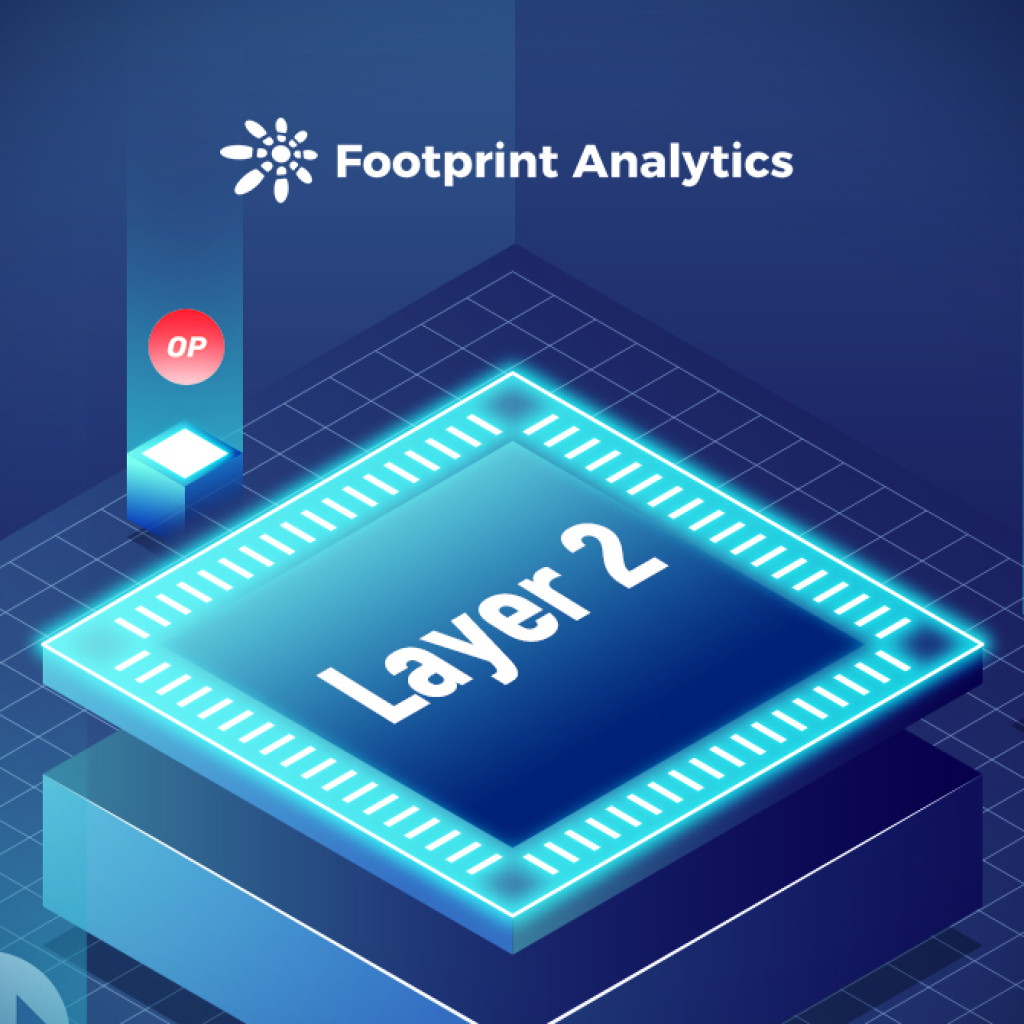
A fan-centric Web3 sports platform uses NFTs to bring a new level of connectivity and ownership to betting on the success of upcoming athletes.
Nonfungible tokens (NFTs) and the sports world are on a mutually beneficial trajectory into the next generation of connectivity.
The latter is a catalyst for more mainstream adoption, with average sports fans rushing to collect NFT memorabilia and Web3-backed event tickets. While NFTs give the industry never-before-experienced levels of democracy and the connectivity which fans crave.
The platform FANtium is using NFTs to take financing athletes to the next level. Fans can use digital assets like bets on the future success of their favorite up-and-coming sports stars.
However, instead of placing a bet and walking away with only a monetary reward, NFTs allow fans to connect with athletes and have recurring rewards based on their success.
On Oct. 11, the platform closed a funding round backed by prominent figures in both the Web3 and sports worlds, such as Sebastian Borget, co-founder and COO of the Sandbox metaverse, and professional Austrian tennis player Dominic Thiem.
Cointelegraph spoke with Jonathan Ludwig, CEO and founder of FANtium, to understand how athlete success can be fractionalized and democratized through Web3 technologies.
Ludwig emphasized that NFTs aren’t just about sports collectibles in this case:
“It’s about participating in an athlete’s community and career in a way that’s never been done before."
According to the CEO, blockchain technology takes away any “intermediaries between the fans and the athlete” when it comes to their financing and the rewards of their success.
Related: Critics can’t stop NFTs from becoming a mainstay of daily life
Though success is sometimes hard to quantify, NFTs can create a fixed share in the earnings, therefore, the success of an athlete. This is typically connected to prize money won by an athlete but can also be sponsorship income.
Ludwig explains that the FANtium model includes historical data of all athletes in that sport to ensure that:
"Sports fans have an attractive return on investment and athletes have an enticing alternative to finance their career."
While Web3 initiatives in the sports industry have often favored major sports stars like the NFL’s star quarterback Tom Brady who released an NFT collection with ESPN or big-league teams such as the Houston Texans, Ludwig argues that the success of up-and-coming talents should also be valued.
“Established professional athletes are already earning enough money to cover their running costs,” he says. They can also use proceeds to “make valuable special investments in their career.”
However, for the sports stars of the future they can use these NFT-like bets to further their career.
“Young up-and-coming talents, on the other hand, need the capital to kick start their career, and make it to the top.”
Ludwig says this includes both collegiate and youth athletes.
Recently, in the world of professional sports, the league Karate Combat announced its plan to launch a fan-powered decentralized autonomous organization (DAO) for athlete governance within the league.
The sports metaverse startup LootMogul also recently secured $200 million in funding to boost the development of a gaming-focused metaverse.





